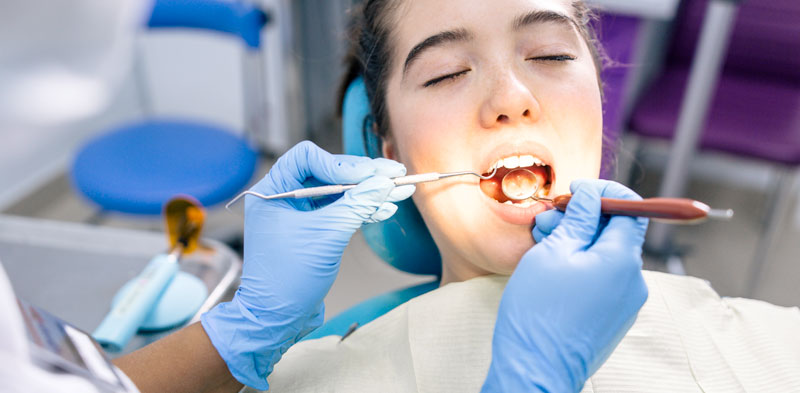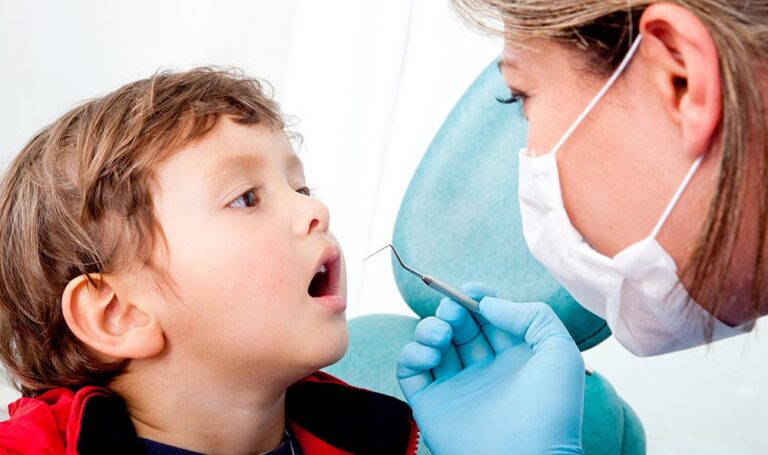We’ve all experienced the excruciating agony of a toothache at some point in our lives. It’s the kind of pain that can make even the toughest among us crumble in agony. Whether it creeps up on you slowly or strikes suddenly like a lightning bolt, a toothache demands immediate attention and effective management. In this blog post, we will explore some tips for managing toothache pain and seeking dental care to alleviate your suffering and restore your oral health.
-
Identify the Source of the Pain

When a toothache strikes, it’s important to identify the source of the pain. Is it a cavity, a cracked tooth, or gum disease? Understanding the underlying cause will help you decide on the appropriate course of action. While you’re assessing the pain, take note of any other symptoms such as swelling or fever that may require immediate attention.
-
Rinse with Warm Saltwater
One of the simplest yet effective remedies for toothache pain is rinsing your mouth with warm saltwater. Mix half a teaspoon of salt in a glass of warm water and swish it around your mouth for about 30 seconds before spitting it out. This can help reduce inflammation, draw out any infection, and provide temporary relief.
-
Apply a Cold Compress

If you notice swelling or inflammation accompanying your toothache, applying a cold compress to the affected area can provide relief. Wrap a few ice cubes in a cloth and hold it against your cheek near the painful tooth. The cold temperature will help numb the area, reduce swelling, and alleviate discomfort.
-
Over-the-Counter Pain Relief
Over-the-counter pain relief medications, such as ibuprofen or acetaminophen, can help manage toothache pain temporarily. Follow the instructions on the packaging and consult with a pharmacist if you have any concerns or existing medical conditions.
-
Avoid Triggering Foods and Beverages

Certain foods and beverages can worsen toothache pain, especially if they are hot, cold, sugary, or acidic. Try to avoid consuming these items until you can seek professional dental care. Opt for softer, lukewarm foods and gentle oral hygiene practices to minimize discomfort.
-
Seek Emergency Dental Care
If the pain becomes unbearable, or if you notice signs of an infection such as a fever, it’s time to call emergency dentist. Dental emergencies require prompt attention to prevent further complications. Explain your symptoms, and they will guide you on the next steps, whether it’s scheduling an immediate appointment or providing additional pain relief recommendations.
-
Practice Good Oral Hygiene

Source: jnj.com
Prevention is always better than cure when it comes to dental health. Maintaining a regular oral hygiene routine, including brushing twice a day, flossing daily, and using mouthwash, can help prevent toothaches and other dental problems. By keeping your teeth and gums clean and healthy, you can minimize the risk of experiencing toothaches in the first place.
-
Schedule Regular Dental Check-ups
Regular dental check-ups are essential for maintaining optimal oral health. Dentists can identify and address any potential issues before they escalate into painful toothaches or more serious problems. These routine visits also provide an opportunity for professional cleaning and early intervention, ensuring your smile stays healthy and pain-free.
Conclusion
Dealing with a toothache can be a challenging and distressing experience. However, by following these tips for managing pain and seeking dental care, you can take control of the situation and find relief. Remember, proper oral hygiene practices, regular dental check-ups, and swift action in case of emergencies are the key to a pain-free and healthy smile. So, don’t hesitate to call an emergency dentist when needed, because they are there to help you and restore your oral health. Don’t suffer in silence; take action and regain control of your dental well-being. If you don’t have a dentist yet, you can check out this one who does dentures, dental implants, and root canal in Farmington MO.

